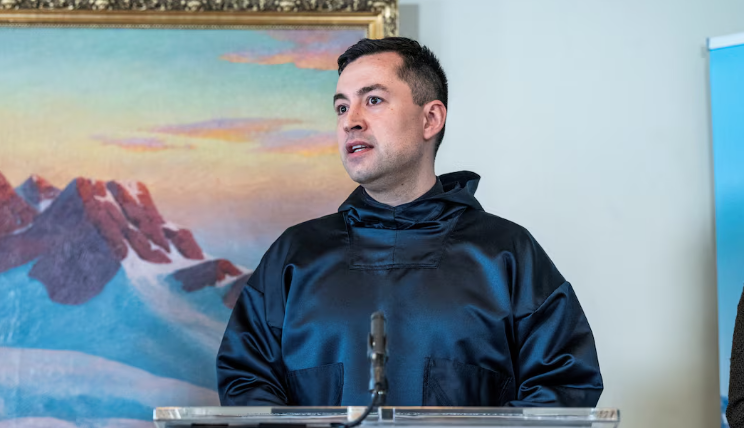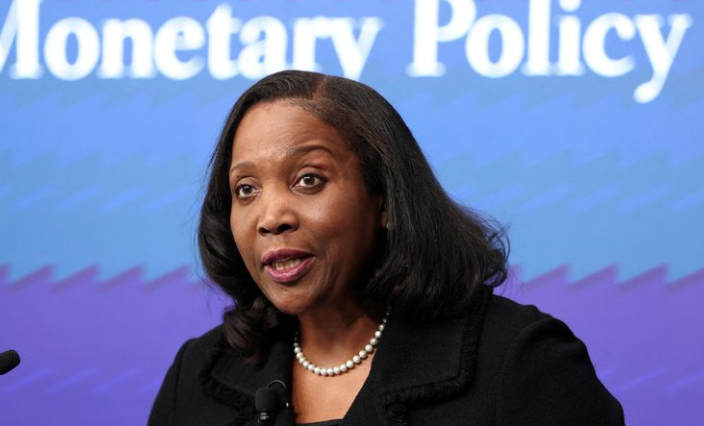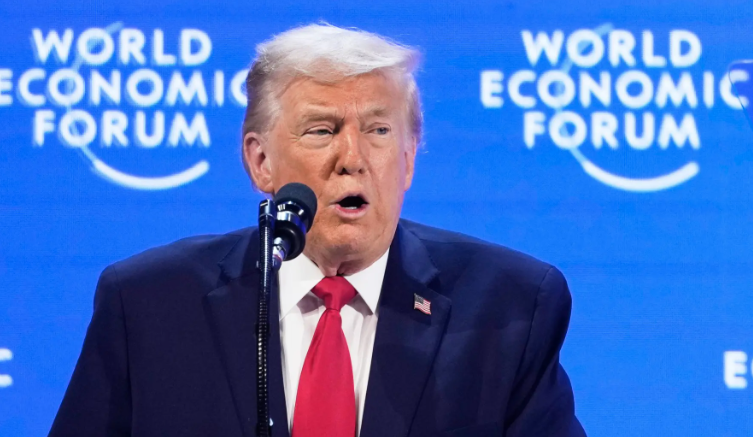WORLD NEWS

In the wake of U.S. President-elect Donald Trump’s controversial remarks about Greenland, Denmark has firmly rejected any notion of the island becoming part of the United States. Trump’s comments, which suggested the possibility of military or economic action to annex Greenland, have sparked international outrage and confusion, particularly in Denmark, where Greenland is a self-governing territory.
On Wednesday, Danish Foreign Minister Lars Lokke Rasmussen responded to Trump’s statements, affirming that while Greenland has the right to pursue independence if it so chooses, it would not entertain the idea of becoming a U.S. state. "We fully recognize that Greenland has its own ambitions. If they materialize, Greenland will become independent, though hardly with an ambition to become a federal state in the United States," Rasmussen said during a press briefing.
Trump’s comments, which he made during a media conference on Tuesday, immediately raised eyebrows around the world. The President-elect indicated he would not rule out using military or economic force to bring Greenland into the U.S. fold. On the same day, his son, Donald Trump Jr., visited Greenland privately, further fueling speculation about the U.S. interest in the Arctic island.
Greenland, the world's largest island, has been part of Denmark for over 600 years. However, its 57,000 residents have increasingly sought greater autonomy in recent years. Greenland governs most of its domestic affairs through its local parliament, and its government, led by Prime Minister Mute Egede, has openly expressed aspirations of independence. In his New Year address, Egede emphasized that Greenland was not for sale, reiterating the island's desire for self-determination.
A Historical Context
Although Greenland has long been part of Denmark, tensions have been rising between the two nations over issues related to colonial-era mistreatment. Recent calls for independence from Greenland’s leaders have further strained the relationship. Denmark has always maintained that the island's future will be determined by the people of Greenland themselves, and Rasmussen emphasized this point, noting that “Denmark does not have the right to decide for Greenland.”
Global Reactions to Trump’s Remarks
Trump’s remarks have elicited swift responses from leaders in Europe. France's foreign minister, Jean-Noel Barrot, made it clear that the sovereignty of European nations, including Denmark, must be respected. "There is no question of other nations attacking the sovereign borders of the EU," he stated. Similarly, a German government spokesperson affirmed the importance of maintaining borders that are not altered through force, echoing a broader sentiment of territorial integrity across Europe.
While the U.S. President-elect’s statements have caused diplomatic ripples, Denmark's Prime Minister Mette Frederiksen dismissed the idea that the U.S. might use military intervention to take control of Greenland. She expressed confidence that the matter would not escalate into military conflict, though tensions over tariffs and trade between the two nations have recently become a point of contention.
Greenland’s Path to Independence?
Greenland has long been an area of strategic interest due to its location in the Arctic, a region increasingly important due to its natural resources and growing geopolitical significance. The U.S. has been eyeing the island’s potential role in Arctic security, particularly in light of increasing Russian and Chinese activity in the region. Nevertheless, Denmark has expressed a willingness to cooperate with the U.S. on these concerns without sacrificing Greenland’s autonomy.
Despite the U.S.’s heightened security interests in the region, Danish officials insist that any move towards independence for Greenland would remain in the hands of the island’s residents. Prime Minister Egede has expressed that Greenland would not consider joining the U.S. as a state, despite Trump’s provocative comments.
Danish-Greenland Relations Moving Forward
The growing desire for independence in Greenland and Denmark’s strained relations with the island’s leadership present a unique challenge for both governments. However, Danish officials, including King Frederik, have sought to maintain close ties with Greenland, as the monarch remains popular among Greenlanders due to his long-standing relationship with the island.
Despite the political tensions, the Danish royal family is still viewed favorably in Greenland, where the king has spent significant time, including a four-month expedition on the island’s ice sheet. Experts, such as Damien Degeorges, a consultant on Greenlandic affairs, believe that the Danish royal family could play a significant role in smoothing over diplomatic tensions.
Trump’s Legacy on Foreign Policy
Trump’s recent remarks regarding Greenland are not the first time he has raised the idea of U.S. territorial expansion. During his first term as president, Trump famously suggested that the U.S. should purchase Greenland from Denmark, a suggestion that was rejected by both Denmark and Greenland. However, his latest comments seem to intensify the focus on Greenland as a potential acquisition, despite Denmark’s clear rejection of such ideas.
Many Danes have reacted with disbelief and frustration. Jeppe Finne Sorenson, a data engineer in Copenhagen, expressed his dissatisfaction with Trump’s comments, saying, “I find it extremely ridiculous. We have an alliance, we’re allies. So this doesn’t really respect that.”
Conclusion
As the world waits for Trump to assume office in less than two weeks, the fate of Greenland remains uncertain, but the island’s sovereignty is not in question. Denmark’s commitment to respecting Greenland’s autonomy is clear, and while Trump’s remarks have drawn attention to the Arctic island, it seems unlikely that Greenland will ever become part of the United States. What is certain, however, is that Greenland’s future will be determined by its people—whether that includes full independence or continued ties with Denmark remains to be seen.




